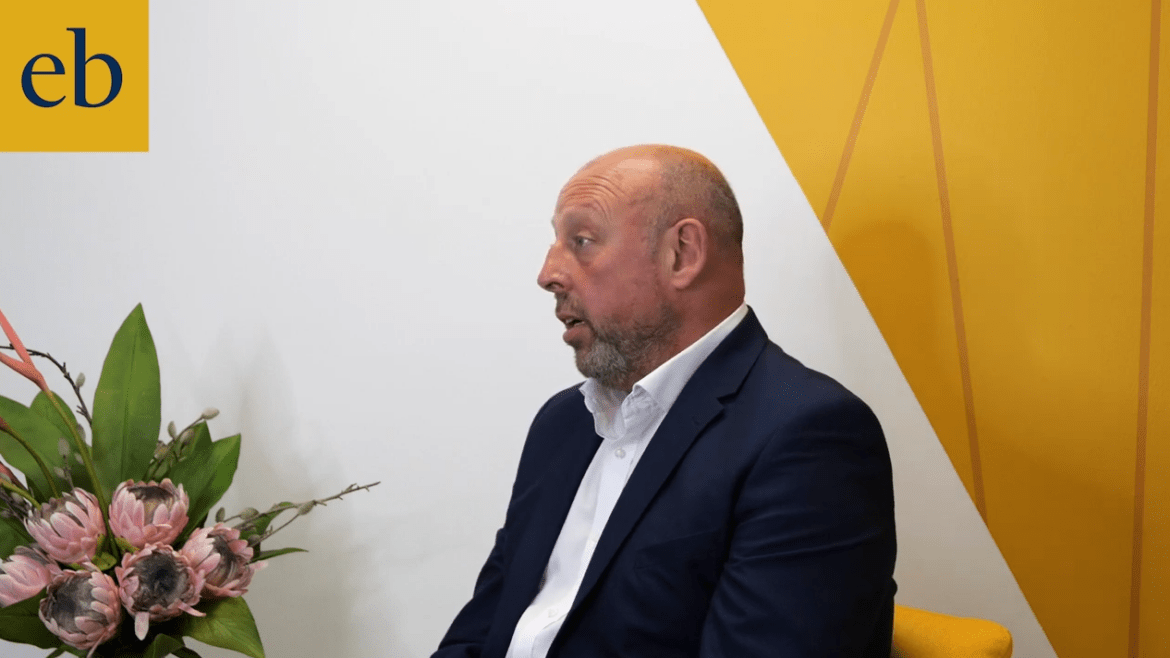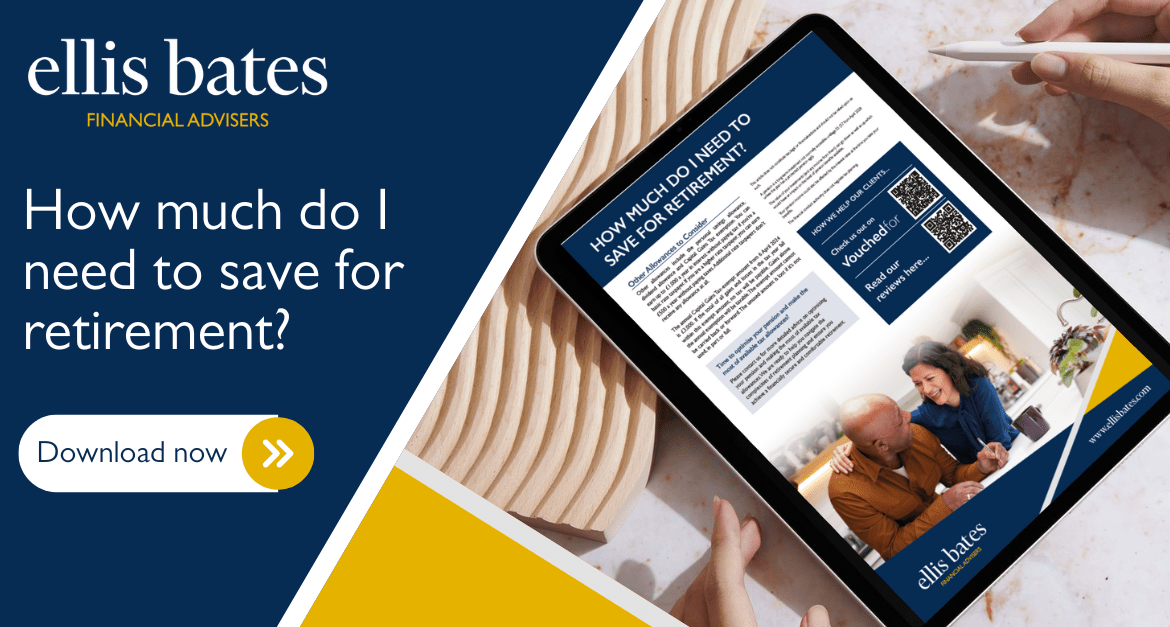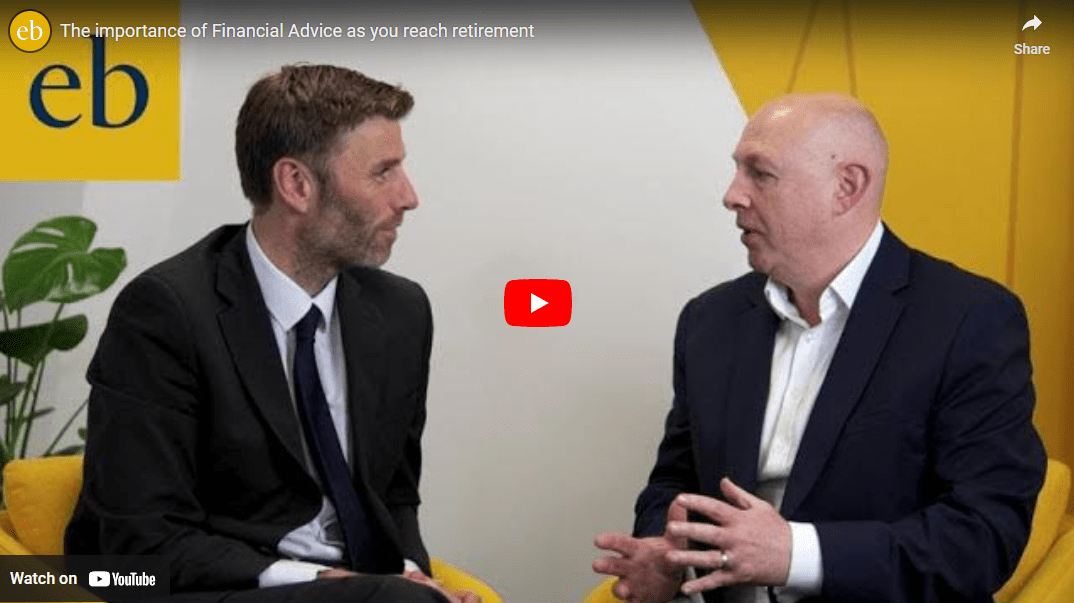Benefits of a cash flow forecast
https://www.ellisbates.com/wp-content/themes/osmosis/images/empty/thumbnail.jpg 150 150 Jess Easby Jess Easby https://secure.gravatar.com/avatar/70f816837c455030814d46a740cfc12d89893aaf8cbf8c8f8f59387d7b30ac08?s=96&d=mm&r=gThe benefits of cash flow modelling are forecasting your future finances. Cash flow modelling is a way of planning and analysing your financial goals and sits central to the financial planning process and is a powerful tool to help bring your retirement planning goals to life.





 In your 50s, a pension review is pivotal in preparing for a secure retirement. This review thoroughly evaluates your current pension plans to understand their performance and projected future income.
In your 50s, a pension review is pivotal in preparing for a secure retirement. This review thoroughly evaluates your current pension plans to understand their performance and projected future income.





